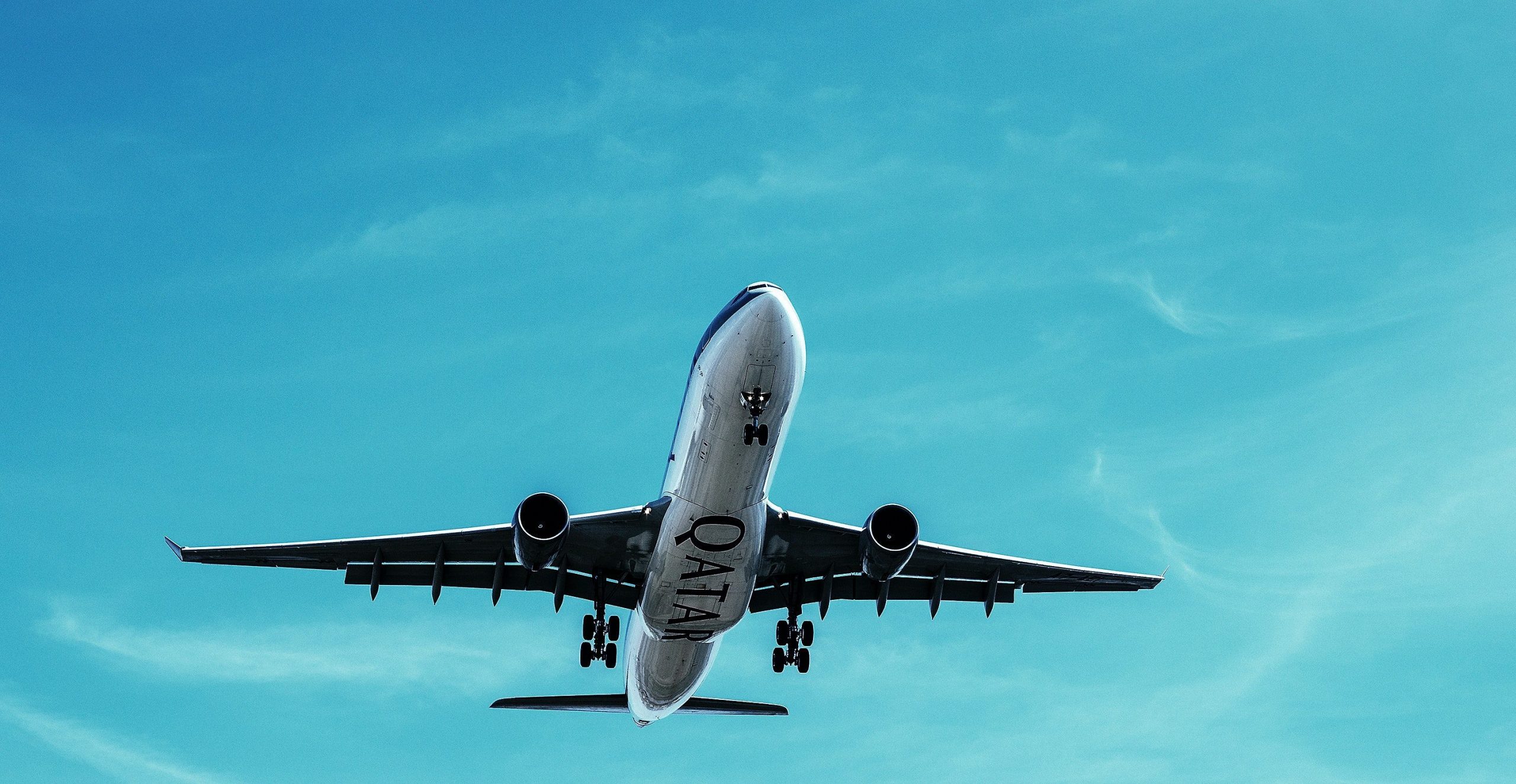The report suggested a correlation between the government’s stance on Qatar Airways and Qantas’ support for the Prime Minister’s referendum on the Voice.
The Albanese government is facing mounting pressure to reassess its decision to deny a Qatar Airways bid for additional flights to Australia following a Senate inquiry recommendation.
The Committee, led by Nationals Senator Bridget McKenzie, submitted its report on Monday, marking the culmination of two weeks of rigorous public hearings that examined the government’s refusal to grant Qatar Airways an extra 28 weekly flights.
The Committee put forward ten recommendations, with the immediate review of the decision at the forefront of the list.
“In the middle of a cost of living crisis the decision by the Albanese government to reject additional flights by Qatar Airways has meant high prices, particularly for travellers through to Europe, and less choice of destination,” Senator McKenzie told Sky News Australia.
“And every single stakeholder that the committee spoke to, whether it was competitor airlines, whether it was airports, exporters, competition experts… all recommended a review.
“Because it just doesn’t make sense why the government would’ve rejected Qatar Airways application for additional flights.”
It has also advocated for the reinstatement of quarterly airline monitoring reports and urged the Australian Competition and Consumer Commission (ACCC) to investigate potential anti-competitive practices in the domestic aviation market.
It further emphasised the necessity of establishing consumer protection measures to aid passengers in cases of significant flight disruptions, lost luggage, and devaluation of loyalty programmes.
The report urged the government to promptly respond to a two-year-old review of Sydney Airport’s demand management system to address concerns related to “slot hoarding” and facilitate efficient flight recovery after periods of disruption.
The Senate also recommended it reconvene the committee to invite testimony from former Qantas CEO Alan Joyce and Transport Minister Catherine King.
Senator McKenzie, who chaired the committee, asserted that the evidence presented during the inquiry strongly supports the conclusion that the government rejected Qatar Airways’ request due to interventions by Joyce.
The report suggested a correlation between the government’s stance on Qatar Airways and Qantas’ support for the Prime Minister’s referendum on the Voice.
“Unfortunately, the government sought to prevent the committee from fully investigating the reasons why additional Qatar Airways flights were rejected by refusing to release documents and placing a gag on the infrastructure and foreign affairs departments,” McKenzie said.
She argued that, during a time of a cost-of-living crisis, the government prioritised protecting Qantas’ market share and keeping airfares high, which took a toll on both families and exporters.
“The committee heard evidence that Australians could have been enjoying cheaper flights to Europe and the Middle East as early as April this year had the government approved additional Qatar Airways flights,” she added.
However, dissenting reports have been filed by Labor Senators Tony Sheldon and Linda White, as well as Greens Senator Penny Allman-Payne, who claimed that the majority report displayed “obvious bias” and harboured a clear political agenda.
Transport Minister Catherine King has also previously criticised the inquiry as a “political stunt” orchestrated by the Coalition that failed to deliver on the government’s objectives.
“It didn’t give Qatar 28 extra flights a week and took four years to give an extra seven,” said King.
“It didn’t do anything on the slots system at Sydney airport. It did nothing to improve consumer protections. And it left the sector without a blueprint for the future.”
Qantas responded by asserting that bilateral air rights fell under the government duties and was skeptical about the potential benefits of ACCC airline monitoring.
However, Sydney Airport CEO Geoff Culbert lauded the report, hailing it as a significant step towards addressing the aviation sector’s challenges for the benefit of the travelling public.
The Australian Airports Association and Virgin Australia have also welcomed the Committee’s recommendations, expressing hope that the government will take action to implement them.
AAA chief executive James Goodwin highlighted the report’s acknowledgment of Australia’s highly concentrated aviation market, indicating a collective desire for proper change within the industry.







